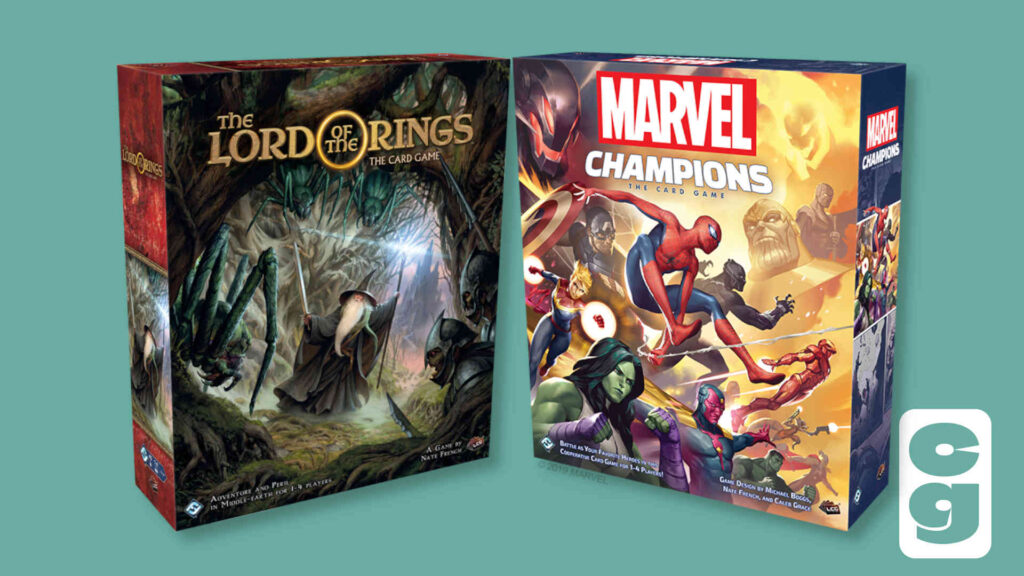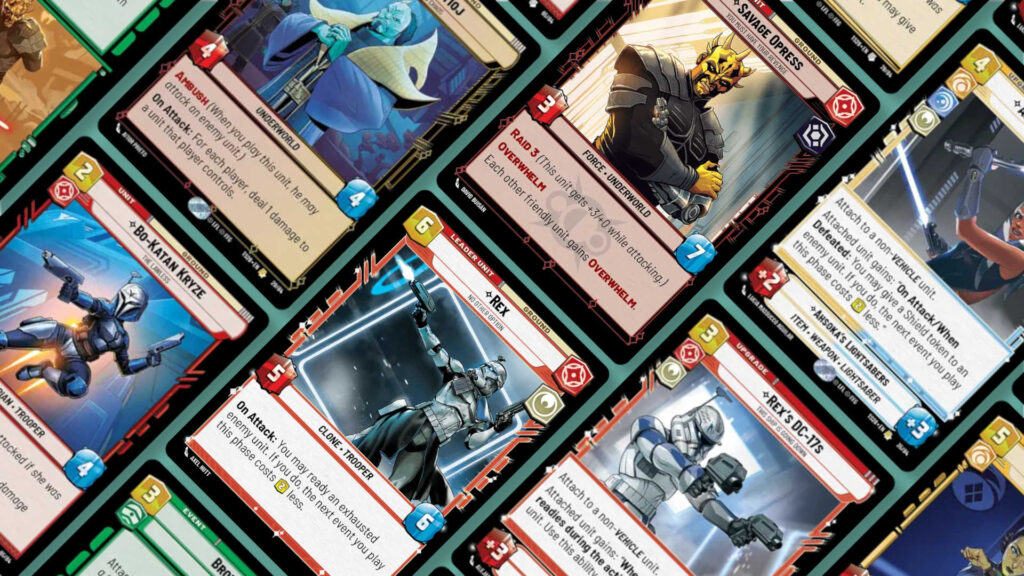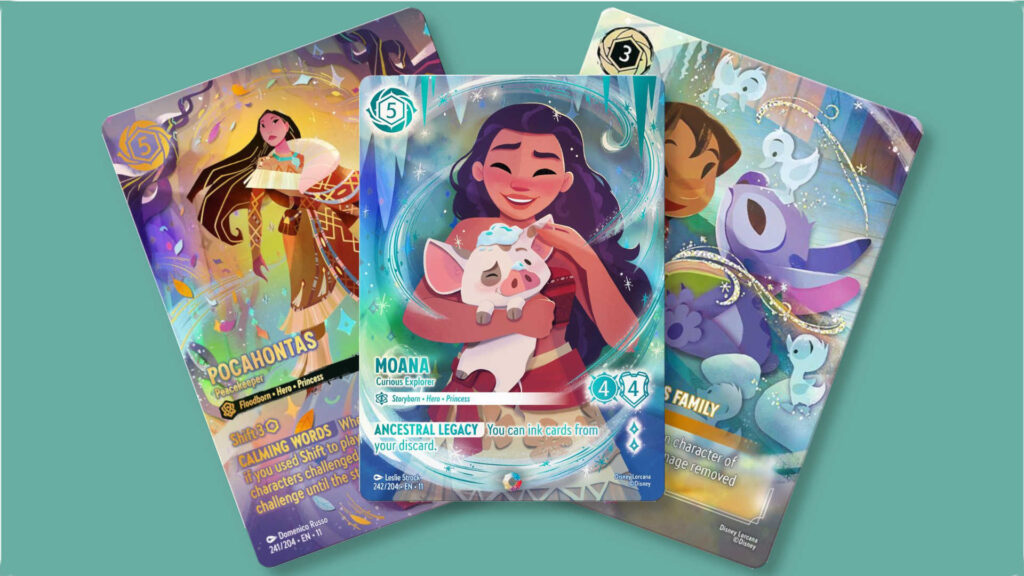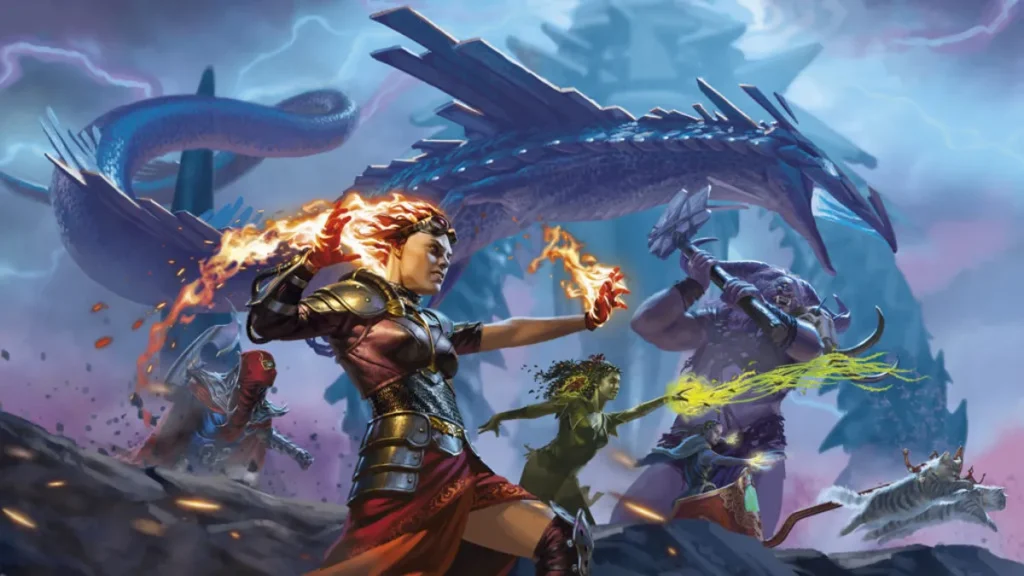Come with us as we go into detail on what the term Living Card Game means!
We’ve all heard of Collectable Card Games (CCGs) and the best Trading Card Games (TCGs) – but what about Living Card Games (LCGs)?
Let’s break down where the term comes from and what Living Card Games are available.
Table of Contents
ToggleWhat Are Living Card Games?
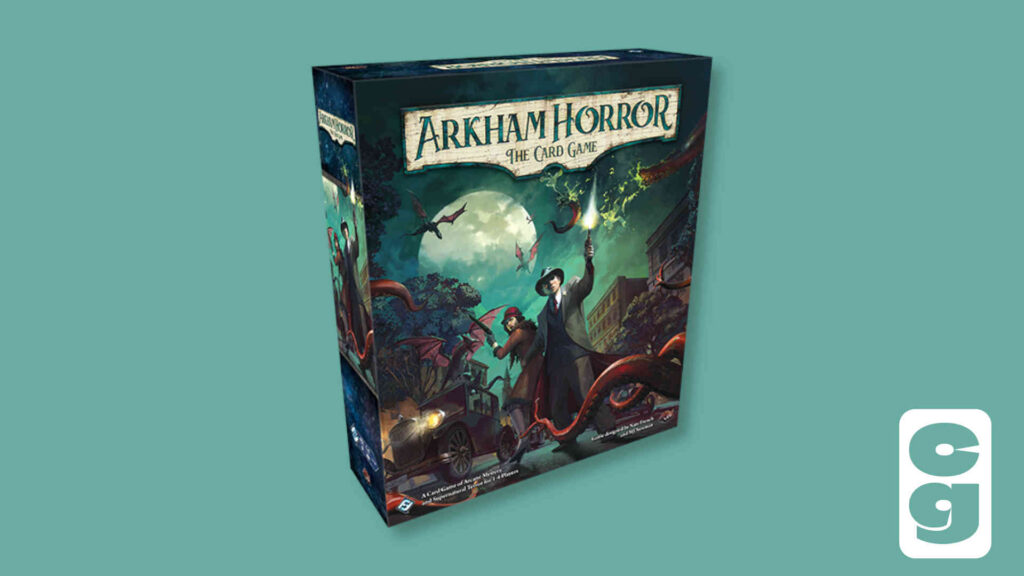
The term Living Card Game – or LCG – is exclusive to Fantasy Flight Games.
It’s used to describe a game which plays like a TCG or CCG – with deckbuilding aspects and sets of cards that expand the pool of options over time – yet completely without the issue of randomness and uncertainty that comes with buying booster packs.
Instead, in a Living Card Game, new packs of cards are released regularly, but players know exactly which cards will be in each pack.
Quite often, packs are made up of a small number of cards and nothing else – but larger box expansions are sometimes released, often these will kick off a new story cycle and add new mechanics to the game, which subsequent, smaller expansions will follow the format of.
Why Did Fantasy Flight Stop Producing CCGs?
Fantasy Flight Games published numerous CCGs in the early 00s, which saw a reasonable amount of success.
A Game of Thrones CCG and Call of Cthulhu CCG are two examples of Collectable Card Games which Fantasy Flight Games initially published, but – according to a news post from 2014 on their website – they realised that players were becoming burned out on the random model of CCGs, so the decision was made to instead switch to a more forgiving, fixed card distribution model.
What Are The Advantages Of LCGs?
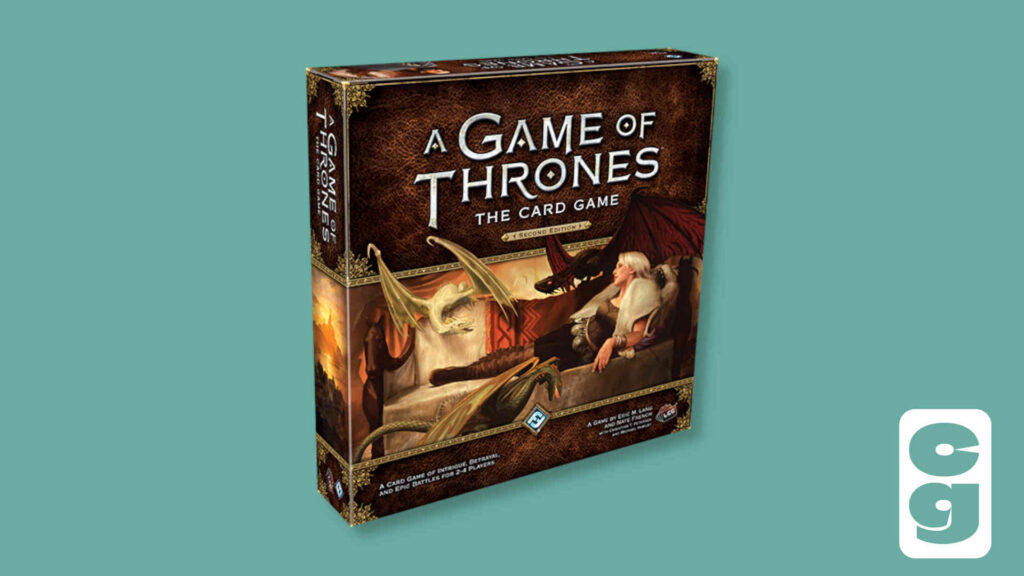
As already stated, the fact that players know what cards they’re going to get in any given pack is a huge advantage of LCGs.
Players can pick and choose which packs, storylines and characters they want to get on board with – and they know exactly which cards they’re adding to the collection when they grab a new pack!
It’s also a less intimidating model for new players – though picking up a core set is rarely enough to satisfy most players, as it will offer a very limited card pool and options, it’s enough to provide an experience for multiple players to learn the game, whet the appetite and know whether or not a game is for you.
All without the costly purchasing of multiple decks and boosters as an initial outlay.
The format also allows a game to grow steadily and organically at a more reasonable pace than the frenetic release schedule that CCGs and TCGs are often subject to; with the random model, players are often bombarded with ever evolving sets, cards and mechanics at a lightning pace – forcing them to continue shelling out lots of cash if they want to play competitively or simply keep up with the current metagame.
In an LCG, though releases are regular and numerous, the cost is never going to balloon in a way that it can with the random model, which could see players purchasing booster upon booster and still not pulling the cards they want and need.
What Living Card Games Are Available?
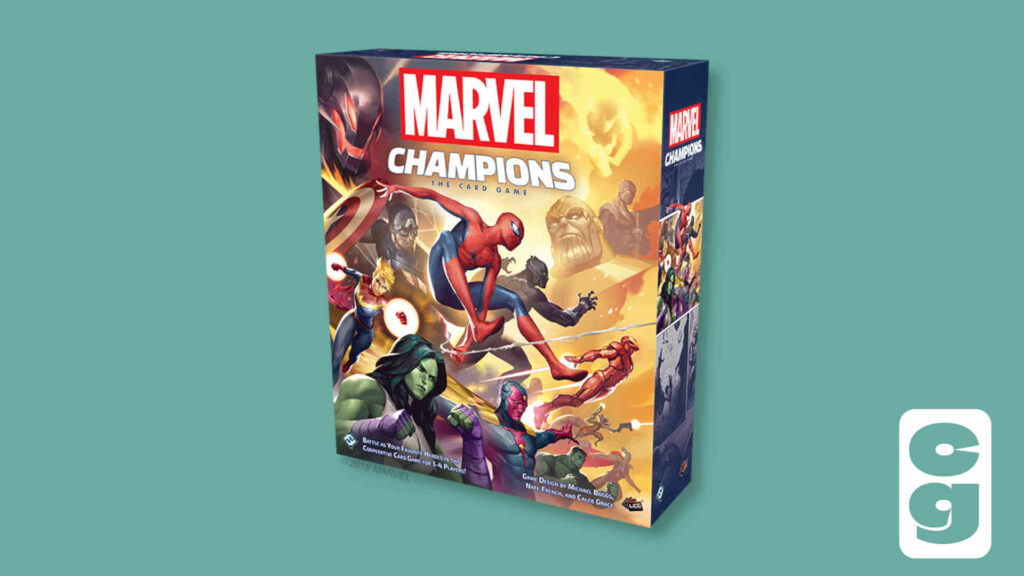
Many Living Card Games have come and gone – including the aforementioned Call of Cthulhu, but also Warhammer: Invasion, Warhammer 40,000: Conquest, Android: Netrunner, Legend of the Five Rings and Star Wars.
However, Fantasy Flight Games currently publish four games in the Living Card Game Format:
- The Lord of the Rings: The Card Game
- A Game of Thrones: The Card Game (Second Edition)
- Marvel Champions: The Card Game
- Arkham Horror: The Card Game
Which Living Card Game Should I Play?
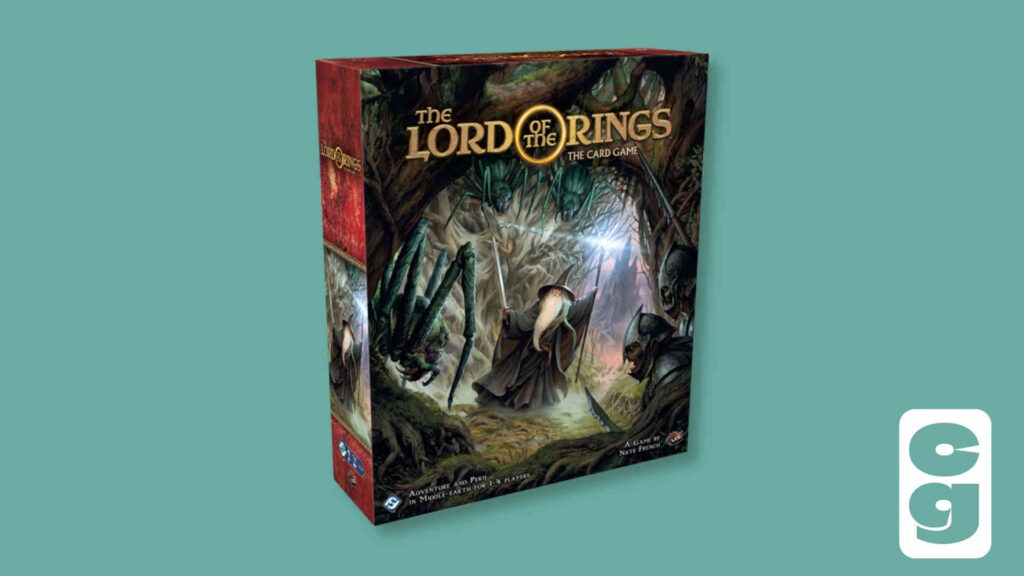
That is up to you – based on the theme and the mechanics of each game, you’re sure to find one that’s right for you!
The Lord of the Rings takes players on a co-operative adventure through the stories and world of Tolkien’s The Lord of the Rings and The Hobbit, with a strong narrative feel and support for solitaire play too.
Given its source material, it’s perhaps no surprise that A Game of Thrones is a much more adversarial experience, with players taking control of one of the great houses of Westeros – attacking each other militarily and politically to win the game.
Marvel Champions is another strongly thematic game which sees players teaming up as super heroes to take down super villains and stop their diabolical scheming – with some cleverly thematic mechanics that allow players to switch between their hero and alter ego forms.
Finally, Arkham Horror is another co-operative (or solitaire) game with a strong narrative feel – with choice and consequence having a compelling, addictive effect on the story.
Decisions made in each scenario have an effect on how the story develops throughout the cleverly branching structure of the game, giving each campaign significant replay value.
Do Other Companies Produce Living Card Games?
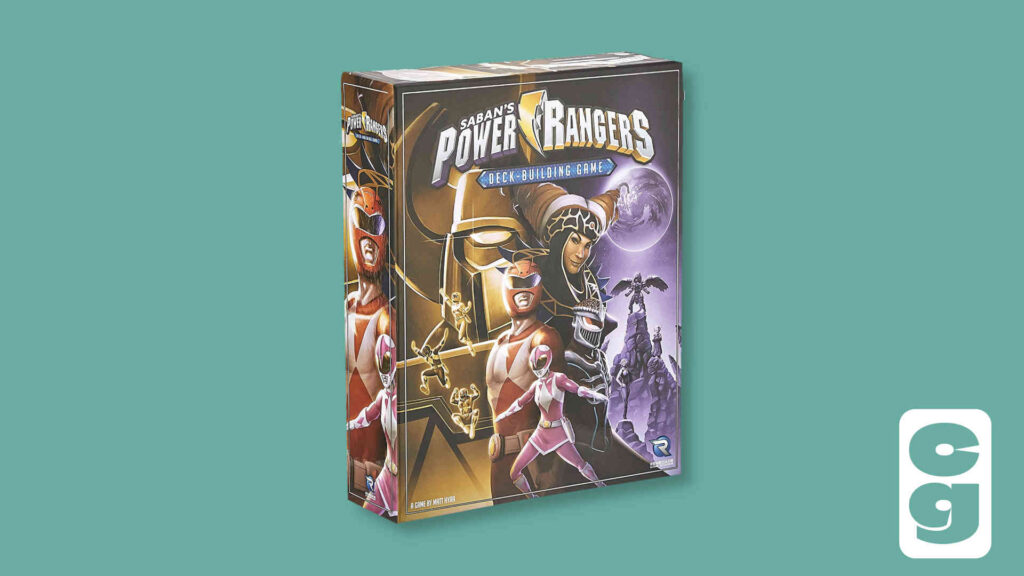
The answer is yes – sort of.
Of course, they they don’t call them LCGs, as the term was originated – and is owned – by Fantasy Flight Games.
Upper Deck’s VS system of card games works on the same model – and it could be argued that deckbuilding games such as Star Realms, Hero Realms, the Legendary system titles and Renegade’s GI Joe, Transformers, Power Rangers and My Little Pony titles also fit into the category of being LCGs too.


